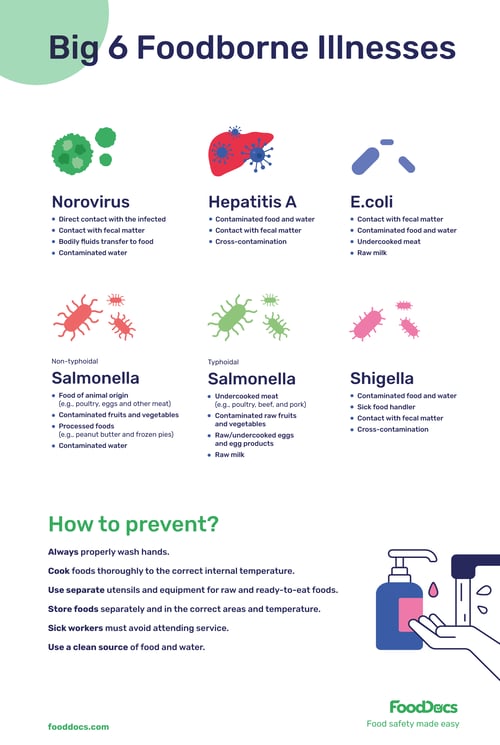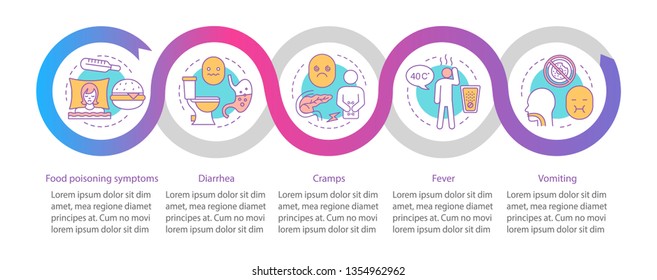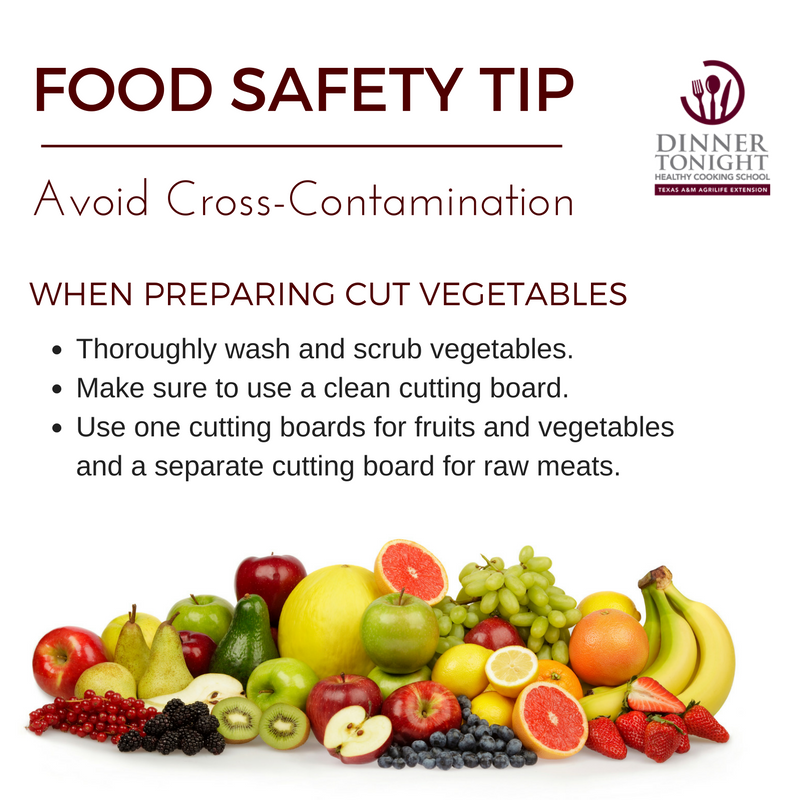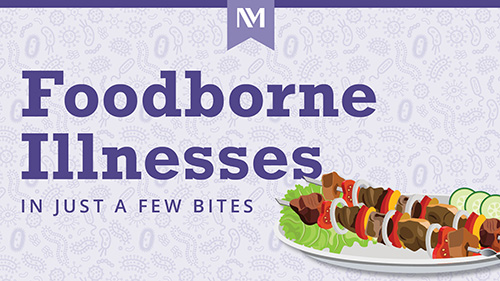What Does Foodborne Illness - Lake County, IL Mean?

Some Known Questions About Foodborne Illnesses - DATCP.
Public health authorities examine break outs to control them, so more individuals do not get ill and to discover how to avoid similar break outs from taking place in the future. What is foodborne health problem? Foodborne disease (food poisoning) is triggered by taking in polluted food, drinks, or water and can be a variety of bacteria, parasites, viruses and/or contaminants.

17 of the Worst Foodborne Illness Outbreaks in U.SHistory
They might be obtained through person-to-person spread, animal contact, the environment, and recreational or drinking water. Symptoms of foodborne illness The incubation duration (the time in between direct exposure to the pathogen and onset of symptoms) might begin within hours after being exposed or may begin days later on. Typical symptoms of foodborne health problem are: Diarrhea, Throwing Up, Queasiness, Stomach cramps, Fever, Tiredness Causes of foodborne health problem, Who is at danger of a foodborne disease? Everyone is at threat of getting a foodborne disease.

10 Common food borne diseases and prevention – Microbial Facts
The Main Principles Of Medical Definition of Foodborne disease - MedicineNet
Wash surfaces and utensils after each use. Wash vegetables and fruits, however not meat, poultry or eggs. Prevent cross-contaminating foods. Use separate cutting boards and plates for fruit and vegetables, meat, poultry, seafood, and eggs. Prepare This Article Is More In-Depth , poultry and eggs completely. Use a thermometer to determine the internal temperature level of meat. A meat thermometer is a great way to be sure that you cooked meat enough to eliminate germs.
Germs can grow quickly at space temperature, so refrigerate leftover foods if nobody will consume them within 2 hours. For large volumes of food, divided them into numerous shallow containers. When you refrigerate them, they will cool quicker. Other Resources, Regularly Asked Questions, No. If you are experiencing diarrhea, throwing up, or have a fever, you ought to not work.
Some Known Incorrect Statements About Foodborne Illnesses - Montana Department of Public Health

Working while sick increases the danger of spreading health problem to others. If you are a food handler and experiencing illness or have a medical diagnosis from your medical professional, you should report to your supervisor and follow correct exemptions as mentioned in the Nebraska Food Code. The 'stomach influenza' or 'swallow bug' is generally triggered by Norovirus.

Handbook of Foodborne Diseases - 1st Edition - Dongyou Liu - Routledg
A typical misconception is that gastrointestinal disease was caused by the last food item that was consumed prior to signs started. While there are a couple of pathogens in which gastrointestinal disease may trigger illness within a few hours of being exposed, numerous foodborne illnesses have incubation durations that vary from a number of hours to a number of days or weeks.
